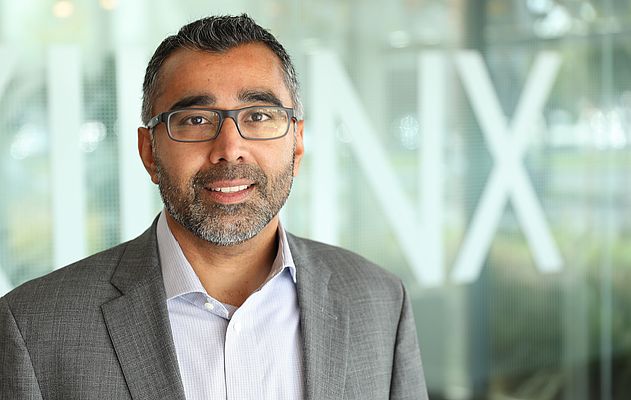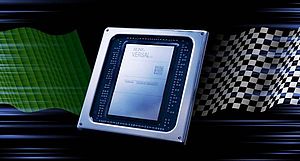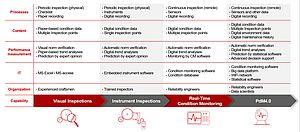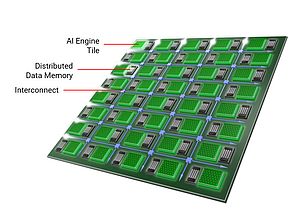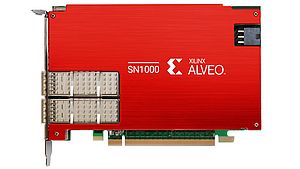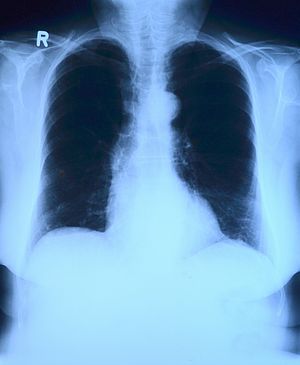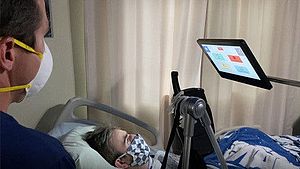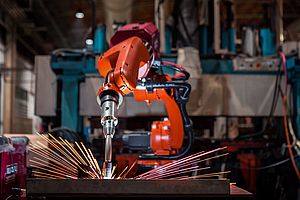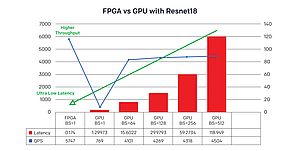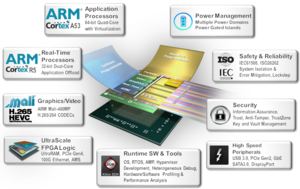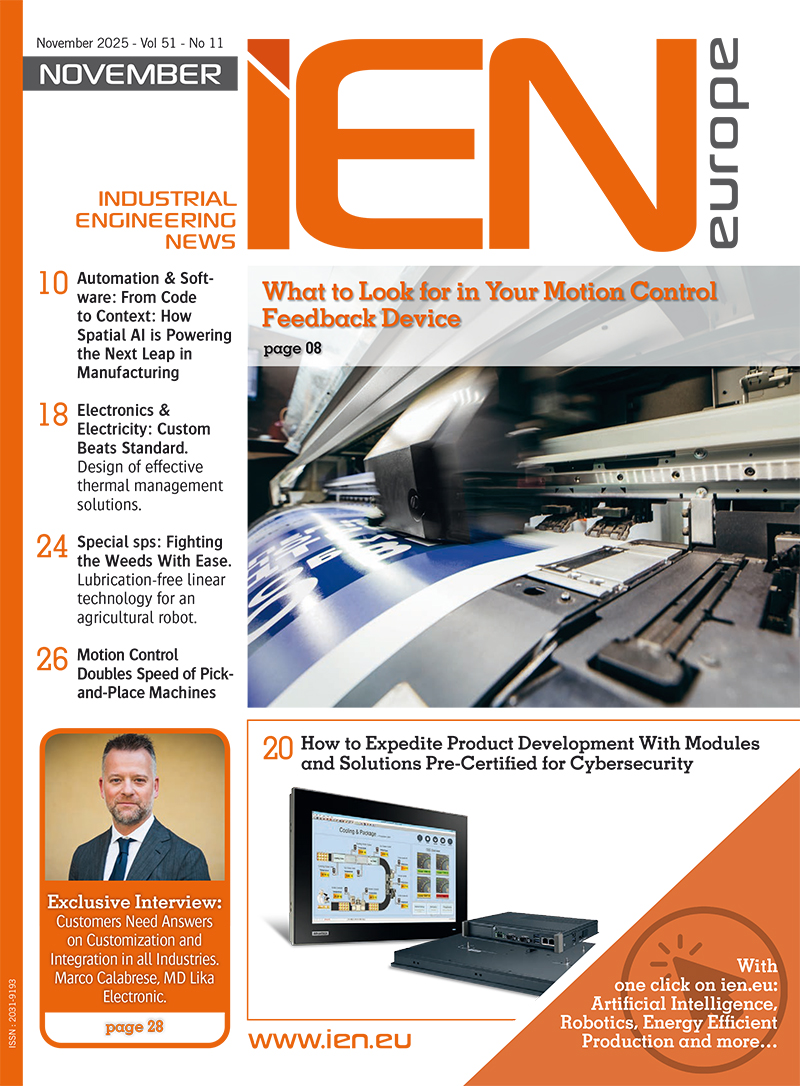Interview number 3 of our virtual round table: Chetan Khona, Director, Industrial, Vision, Healthcare & Sciences at Xilinx
IEN Europe: How is your company tackling Covid-19 emergency itself?
C. Khona: We have implemented work-from-home globally, except in China where employees have been allowed to return to work. We have also reinforced social-distancing practices and adopted strict travel restrictions as part of the measures taken for the health and safety of our employees.
For our healthcare industry customers, we have formed a taskforce to provide special assistance, prioritize product fulfillment and expedite shipments. I’m proud that our technology, which powers millions of medical devices like ventilators, patient monitors, respirators, patient ICU beds, X-Ray, Ultrasound, and temperature sensing equipment play a role in combatting the Coronavirus.
In addition, Xilinx donated a total of $1.1 million to several organizations including the World Health Organization (WHO) as well as regional and local non-profit institutions.
IEN Europe: How much has this crisis impacted / will impact on your business?
C. Khona: Like many organizations, we’re navigating the ‘new normal’ as the majority of our employees continue to work from home. At Xilinx, everyone has worked hard to improve the work from home experiences and productivity for both customers and employees.
Looking forward, there’s still a high level of uncertainty in the global business environment, especially as the impact of Covid-19 continues to create challenges with visibility beyond the near term.
IEN Europe: How do you think this crisis will impact how the industrial sector works in the future?
C. Khona: The trend has been toward higher levels of automation and remote management, but these two goals require underlying technologies such as intelligent manufacturing systems that can support predictive maintenance, as just one example. This crisis will accelerate the trend and also leverage well-known, existing technologies like video surveillance, to enable remote management. Xilinx is used extensively in all of these systems. There has been some initial talk about moving manufacturing closer to design centers due to the higher levels of automation that can be achieved at low cost, but likely the lowest risk solution will include diversification of manufacturing locations around the world as we are seeing different regions get back to work on different time tables.
IEN Europe: How would you fill the gap of industrial events for lead generations and networking in this moment?
C. Khona: We’re exploring digital alternatives, whether that’s virtual events or using educational content to engage with our customers. Of course, networking and re-connecting with customers and partners is a huge benefit of physical events. We’re overcoming this by aiming to get as much ‘virtual’ face-to-time with our customers as possible.
In terms of online resources, we’re particularly excited to share a huge portfolio of content that is available on demand that we call our Industrial and Healthcare IoT Solutions Video Library. There’s a variety of topics on offer, from edge AI and embedded vision to predictive maintenance and functional safety. With many people working from home, this is a great opportunity for the industrial sector to tap into our informative technical resource.
IEN Europe: What products and/or services are you offering customers that can assist in the current situation & alleviate impact?
C. Khona: In late January, we supported China’s largest medical equipment maker, Mindray, with thousands of Spartan-7 FPGAs to power patient monitoring systems. We’ve also been working with Philips, supplying Artix-7 FPGAs and hands-on support, to help the company meet the unprecedented demand for patient monitors. Additionally, we are currently working to support some of the largest medical suppliers in the US, as well as companies in Europe and Asia to supply products for testing and treating COVID-19.
We applaud these customers for their significant and potentially life-saving contributions to Covid-19 detection, treatment and relief efforts. It’s rewarding to know that our adaptive computing technology is playing a vital role with these customers and the global response and relief efforts.
Sara Ibrahim



